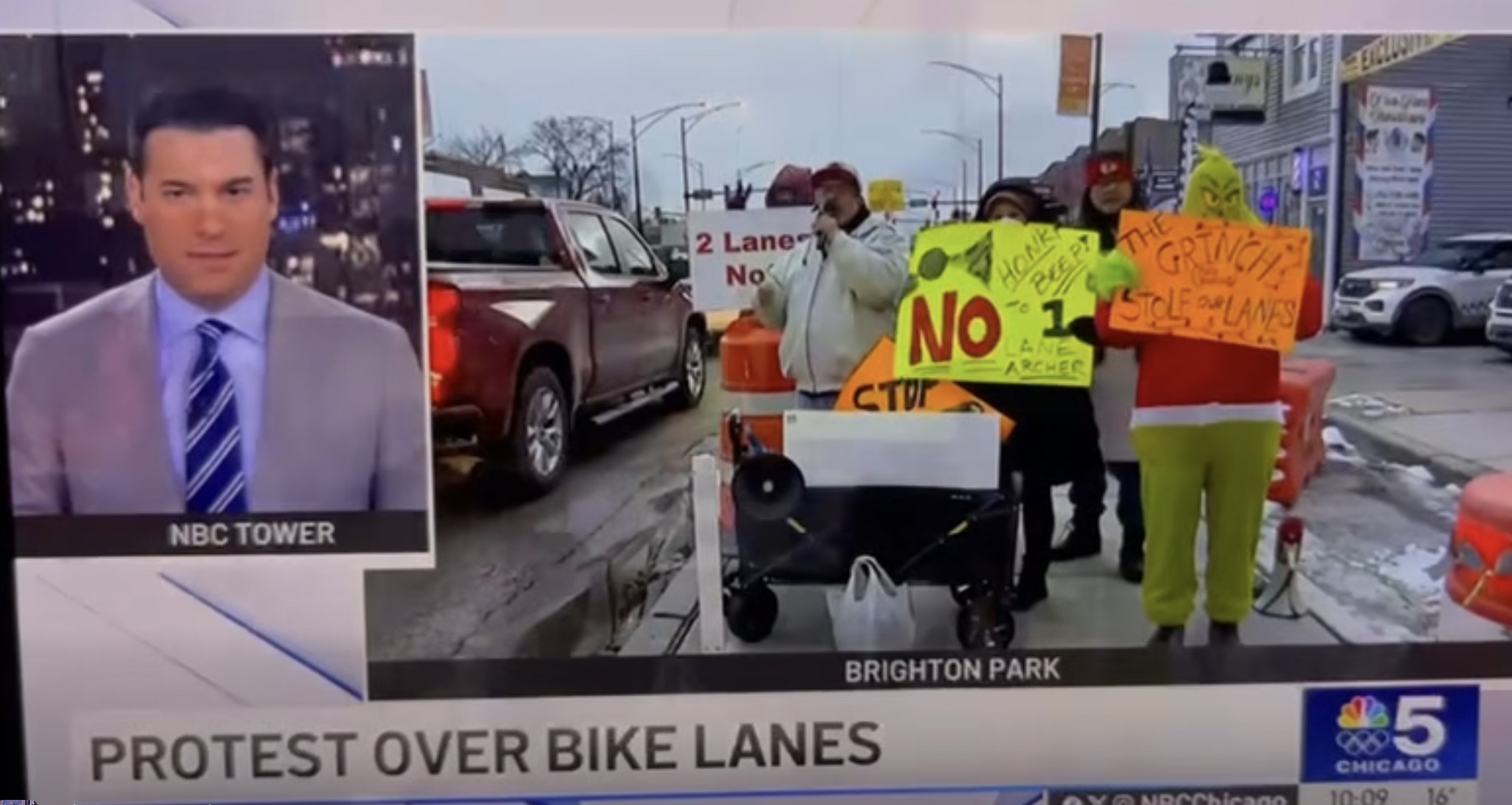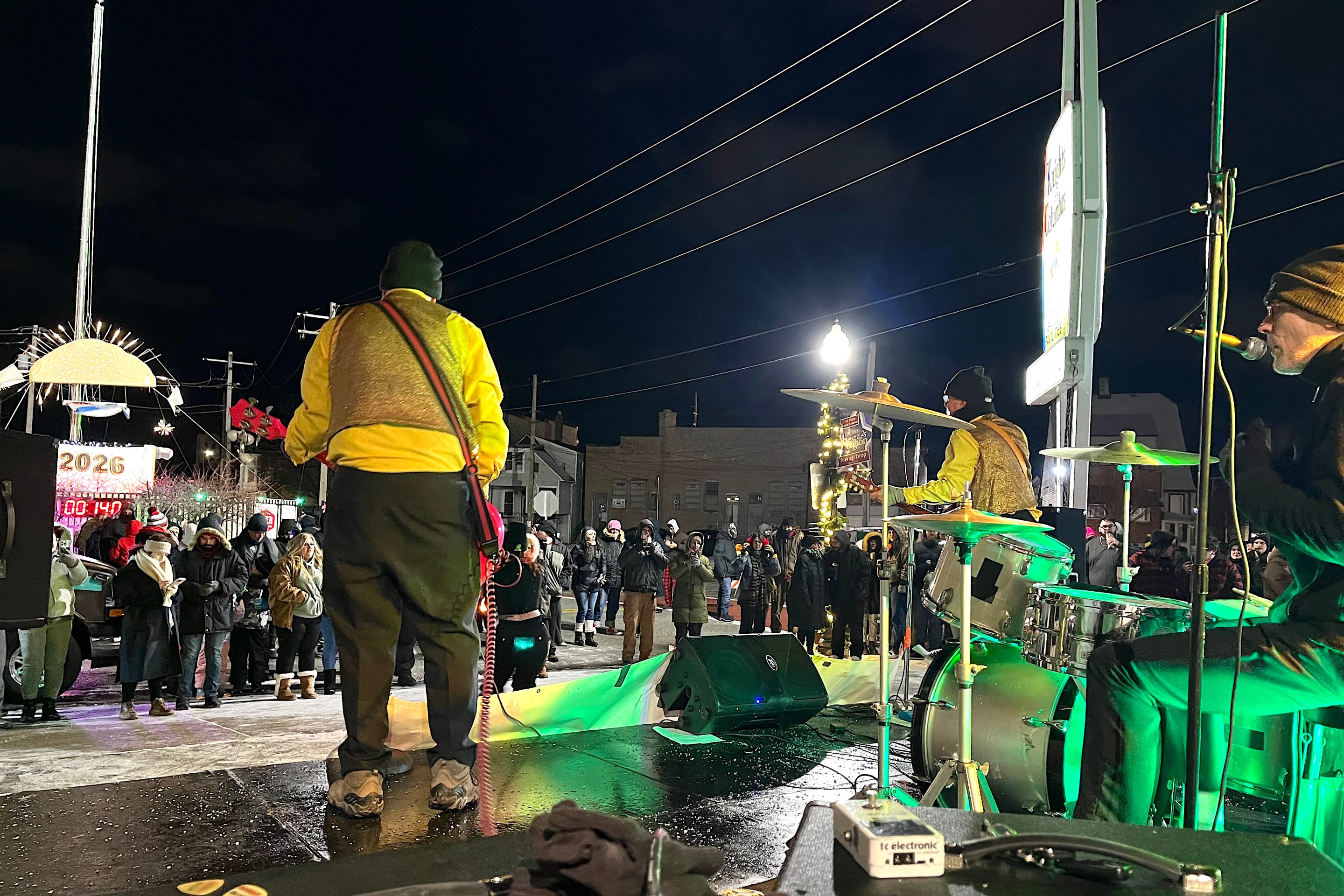Rhode Island has been investing in commuter rail -- long distance service connecting Providence to Boston and towns in between. But lackluster ridership at a new park-and-ride rail station at the end of the line (by a Walmart!) is sapping support for much more useful investments, reports Sandy Johnston at Itinerant Urbanist.

Anti-rail critics are piling on. The libertarian Rhode Island Center for Freedom has come out against an infill station at the much more walkable Pawtucket/Central Falls border, for instance, on the basis that spending on the commuter rail service relegates Rhode Island to being a suburb of Boston.
Johnston doesn't agree with that take, but he says it "unintentionally touches on a serious critique of the 'commuter rail' mode: it serves one kind of trip, and one kind of trip only." And that critique can lead to a better kind of rail service:
When the Providence Foundation studied intrastate commuter rail from Woonsocket to Providence in 2009, the project team met with planners along the route to gauge interest in the potential new service. All showed interest, except for the town planner in Lincoln, where a station was proposed in the hamlet of Manville. The reasons given were fascinating, and a little bit sad:
The proposed Manville site is located near a low-income neighborhood, where residents could typically be expected to benefit from additional transit services. However, commuter rail -- with its peak-oriented services -- may not be a good fit for these residents who tend to work at jobs with nontraditional schedules. Moreover, the town planner in Lincoln indicated the most town residents were not interested in a new commuter rail station. (p. 71)
Justifiably or not, Lincoln’s town planner believed that commuter rail, as a mode, is not for “us” (us being anyone working in a job that is not white collar or 9-to-5). That’s not too far off from the idea that investing state money in a commuter rail station would only increase Rhode Island’s dependency on Boston, if we assume that “Boston” here stands in for white-collar jobs with little access for middle- or working-class Rhode Islanders. It may not be entirely apparent to the people I’m quoting here, but I believe the pattern indicates the very tiny glimmer of a kernel of a coherent, trenchant critique of the commuter rail paradigm.
Johnston says it doesn't have to be that way:
I devoted much of my master’s paper to developing the idea that American commuter rail has been socially and politically constructed as a luxury mode of travel for the middle and upper classes, one that serves only a niche subset of trips. In many other countries, mainline rail systems -- often branded “regional” -- operate frequently all day and on weekends, allowing use for numerous kinds of trips to numerous destinations. Perhaps, to build political momentum and promote a system that can be truly useful to a broad swath of Rhode Islanders, state leaders should consider something not less, but more ambitious -- a regional rail system.
Elsewhere on the Network today: Seattle Transit Blog runs an endorsement from the advocates at Seattle Subway for the $54 transit expansion package that will appear on the November ballot. The Metropolitan Planning Council outlines the range of strategies Chicago is employing to make bus trips more efficient. And Greater Greater Washington explains how D.C.'s new contributory negligence law will help cyclists injured in a traffic collision.




